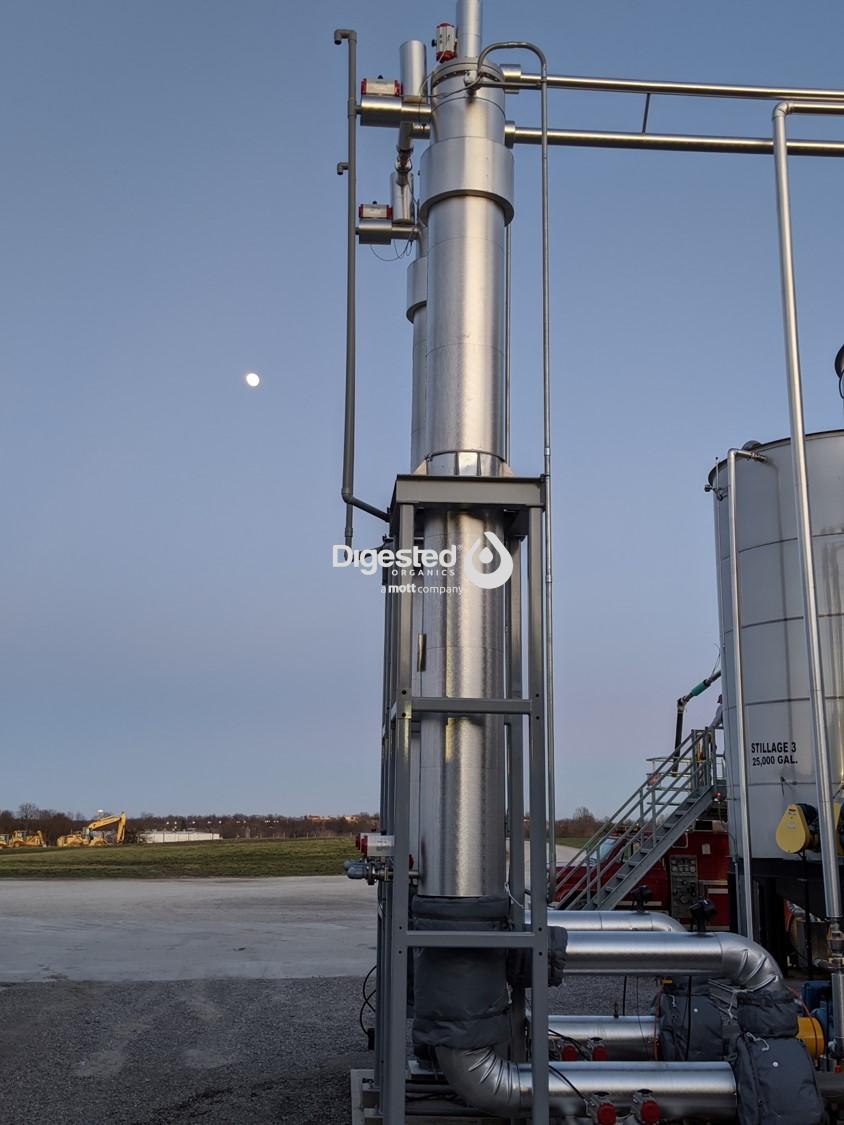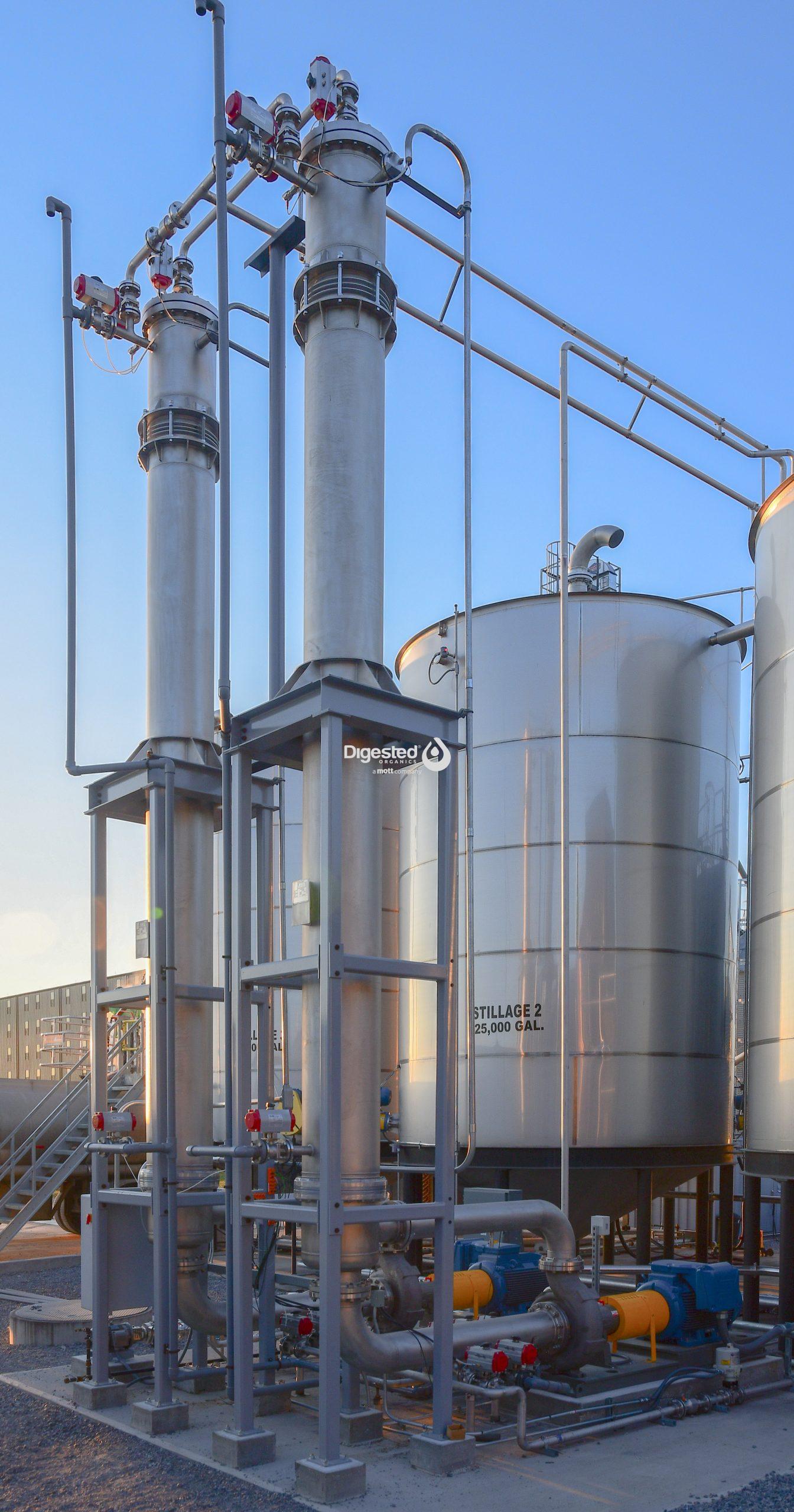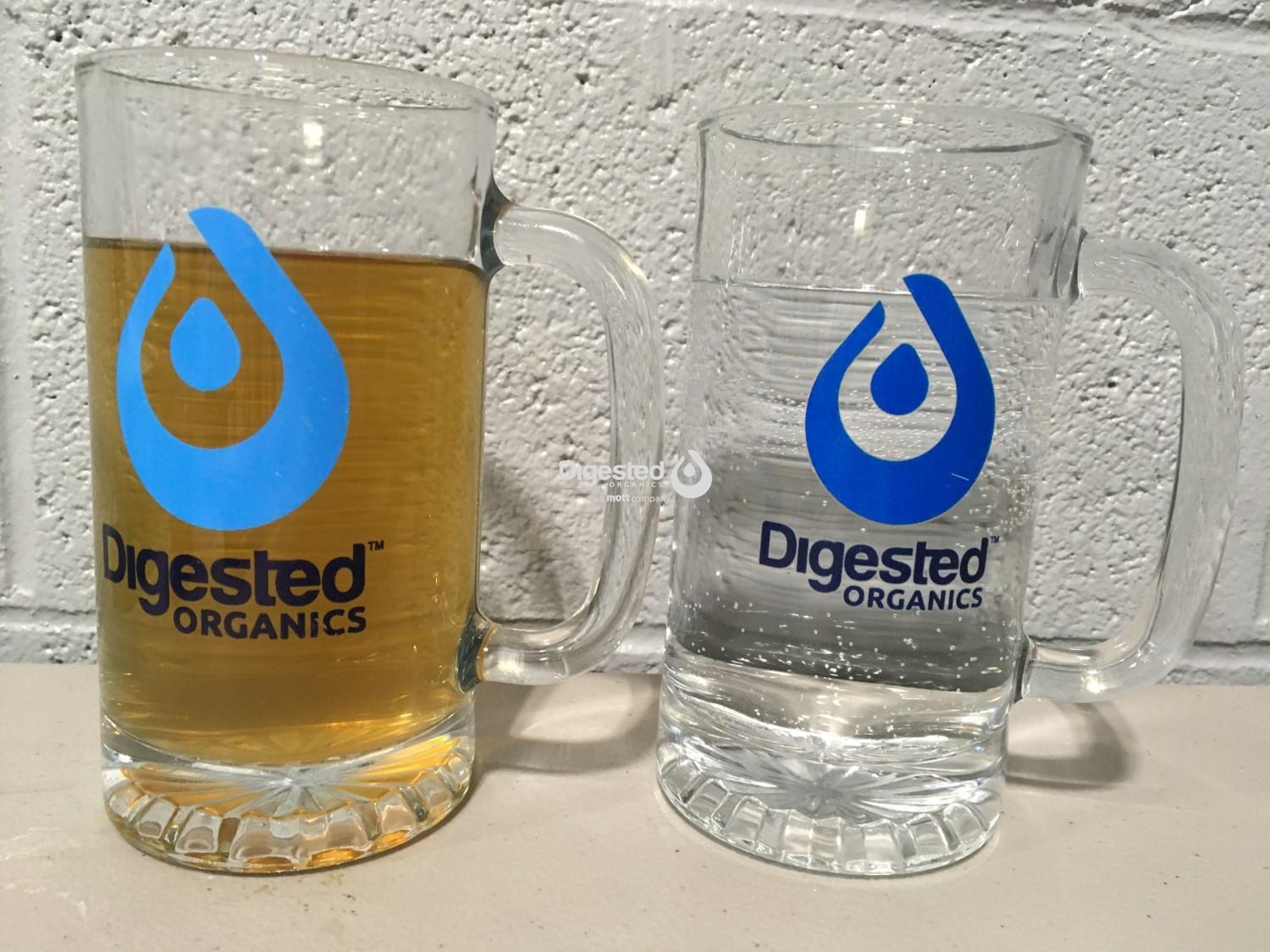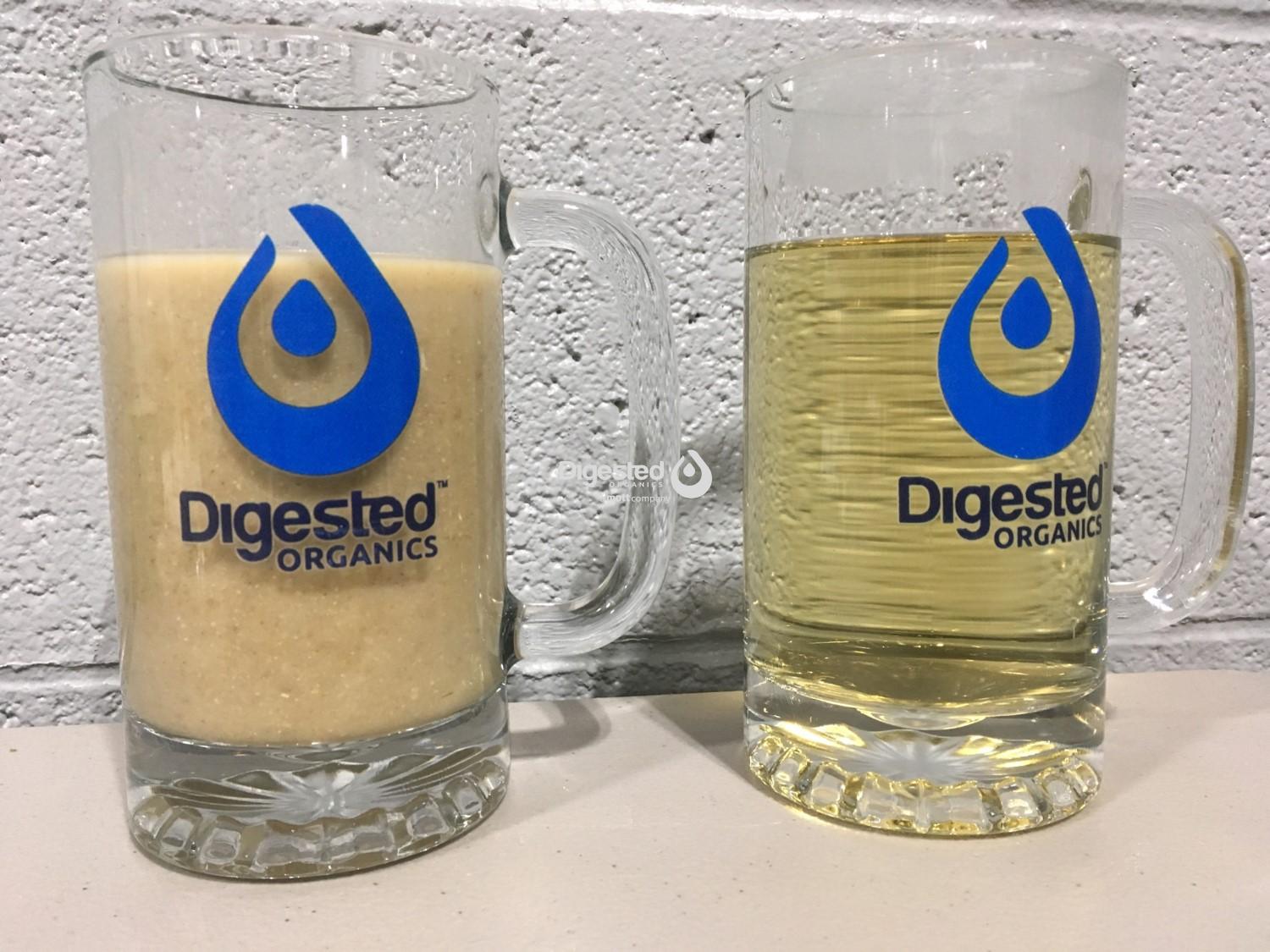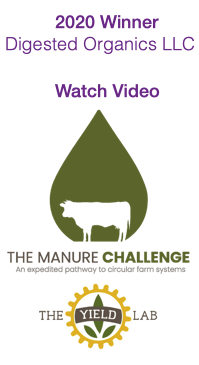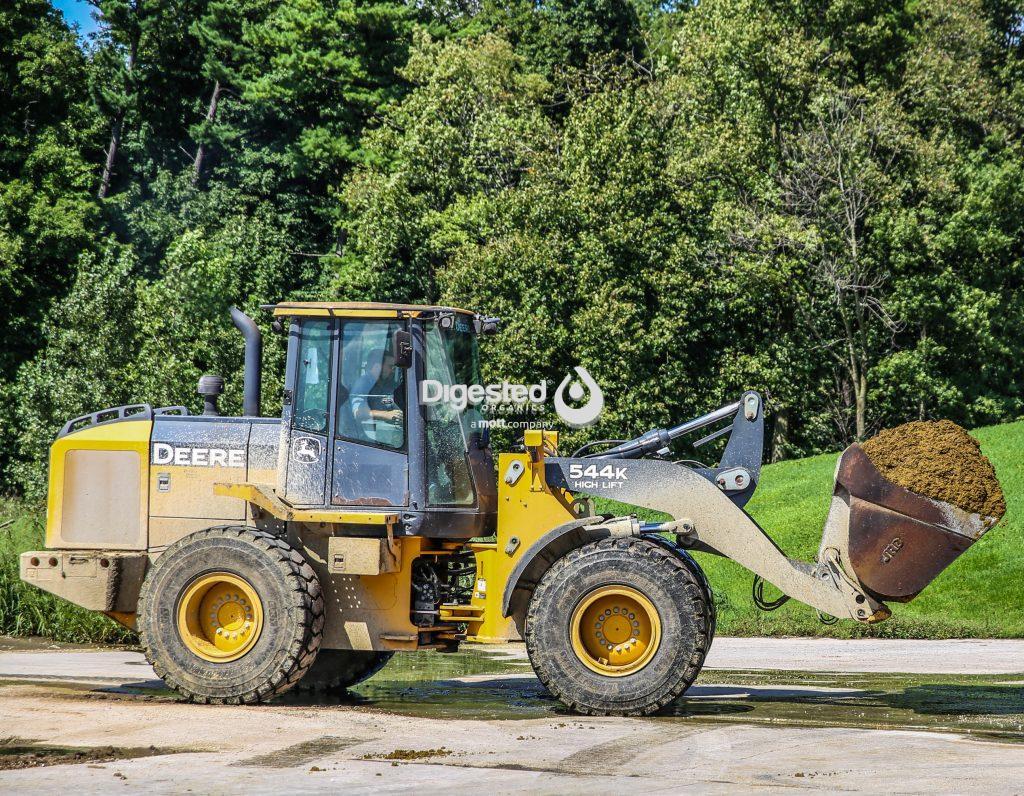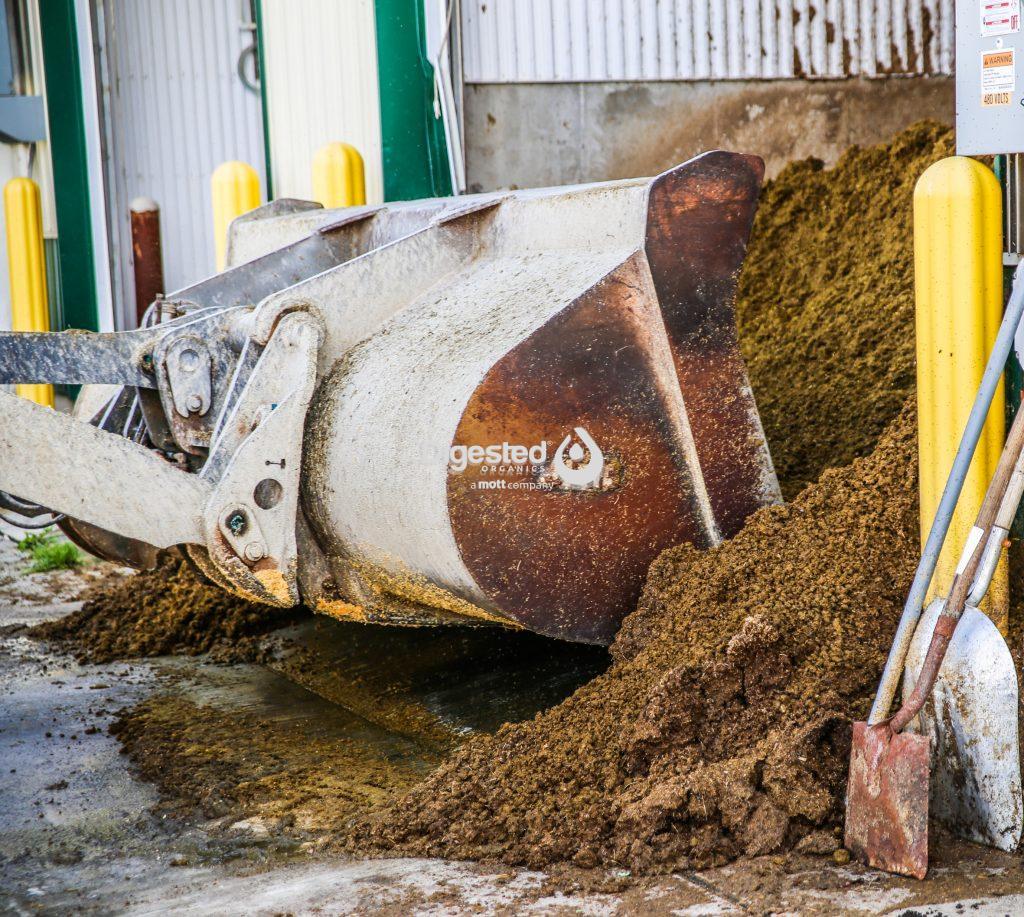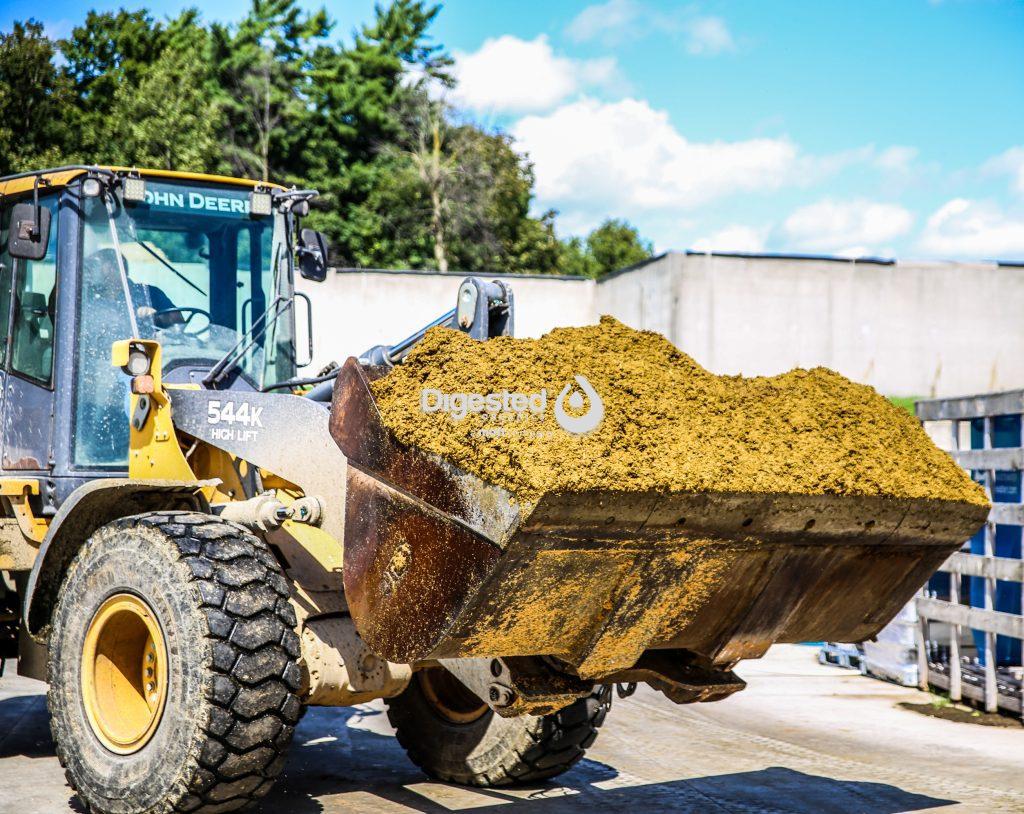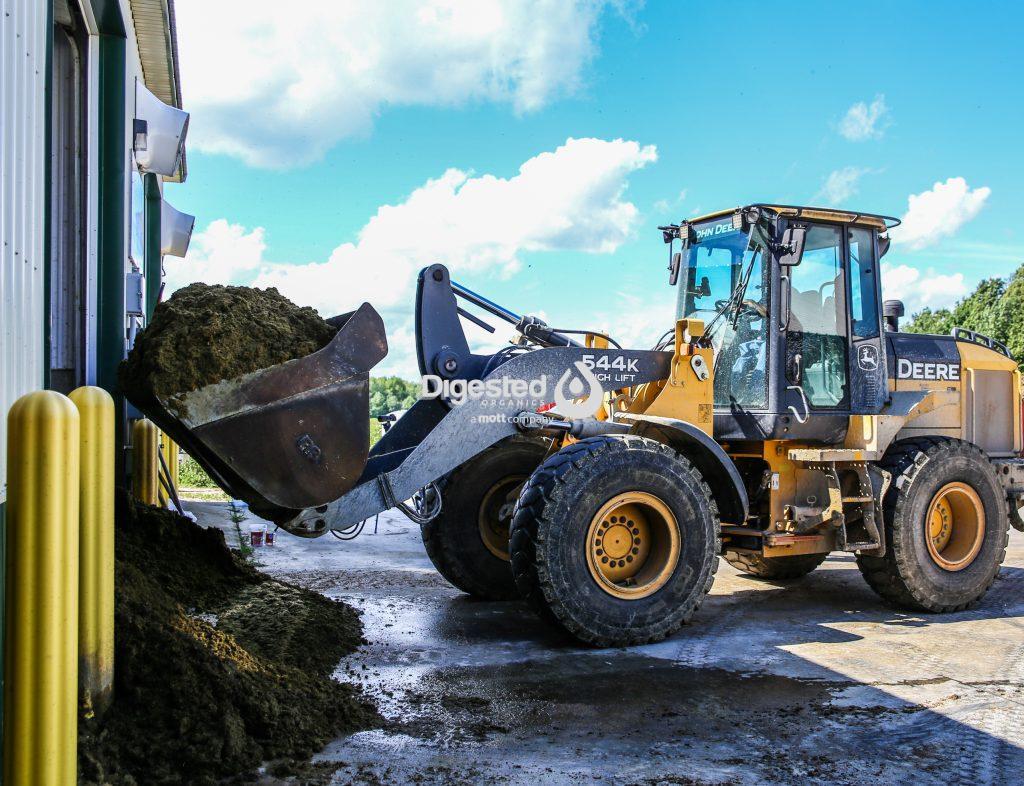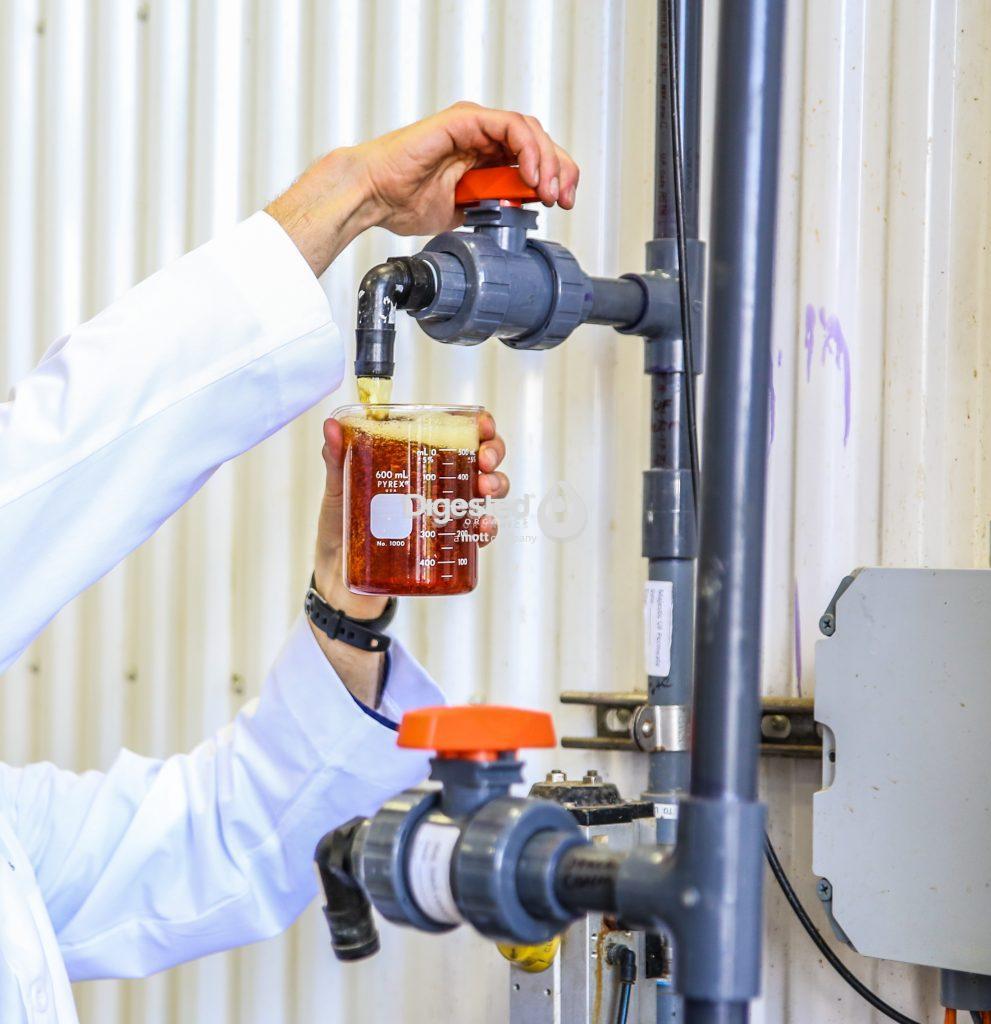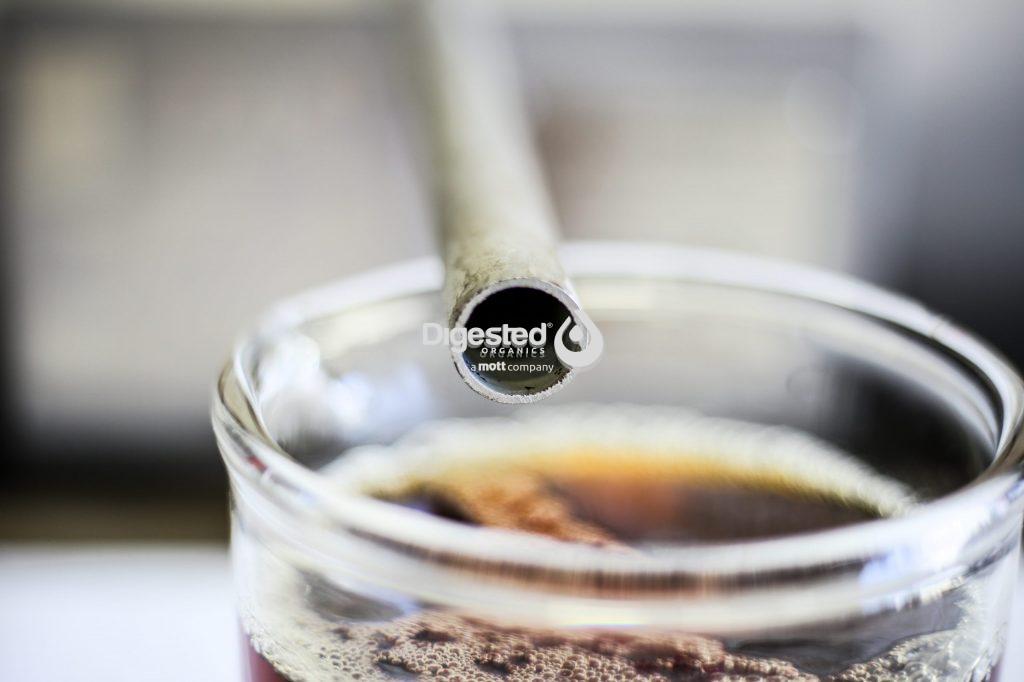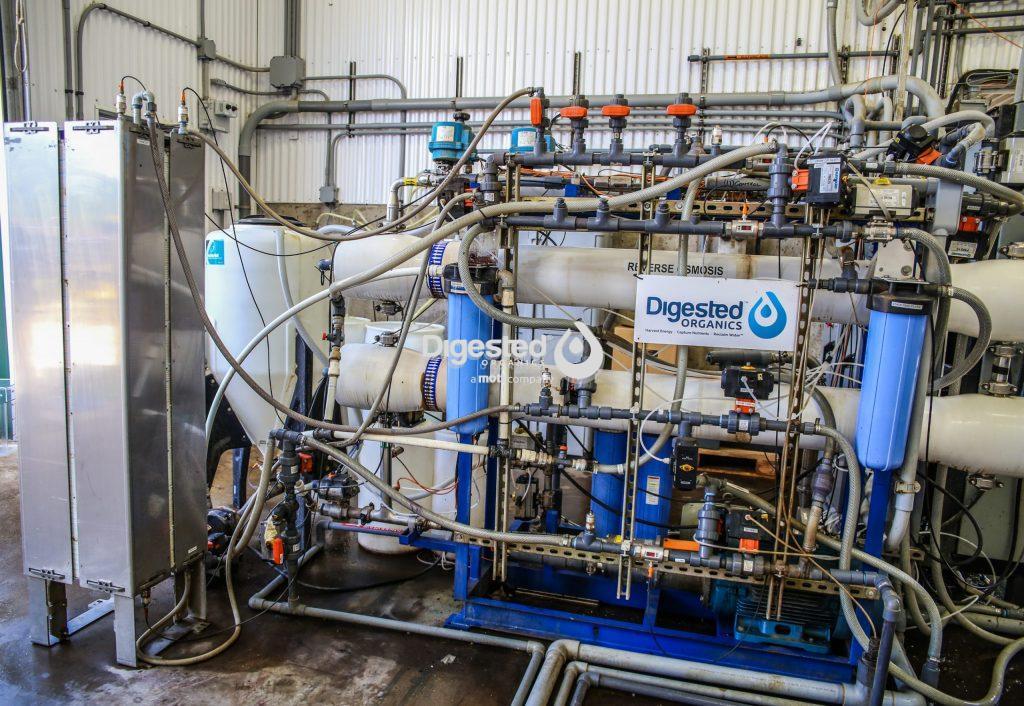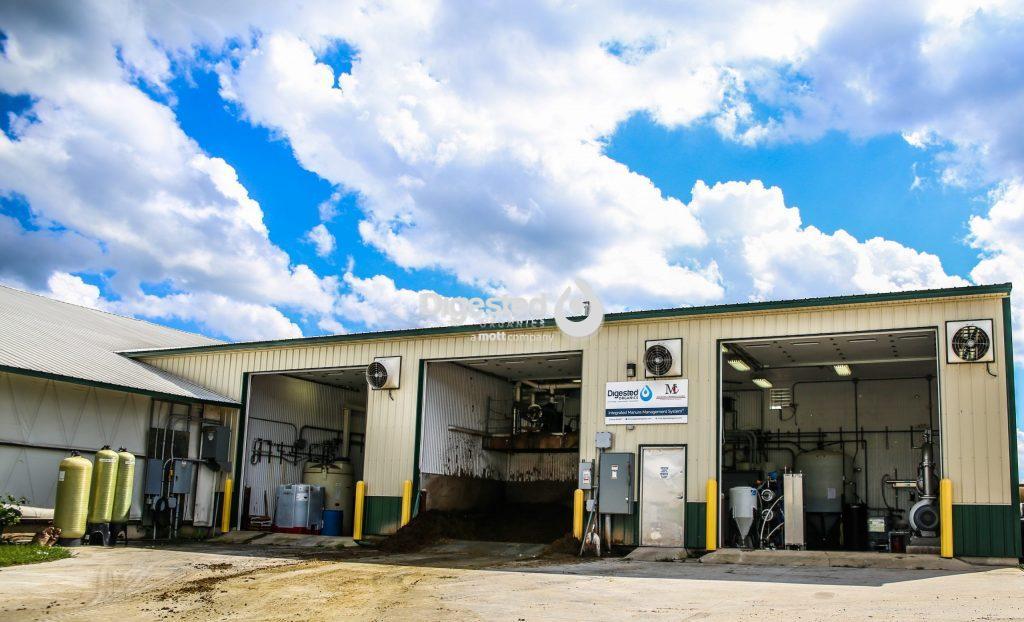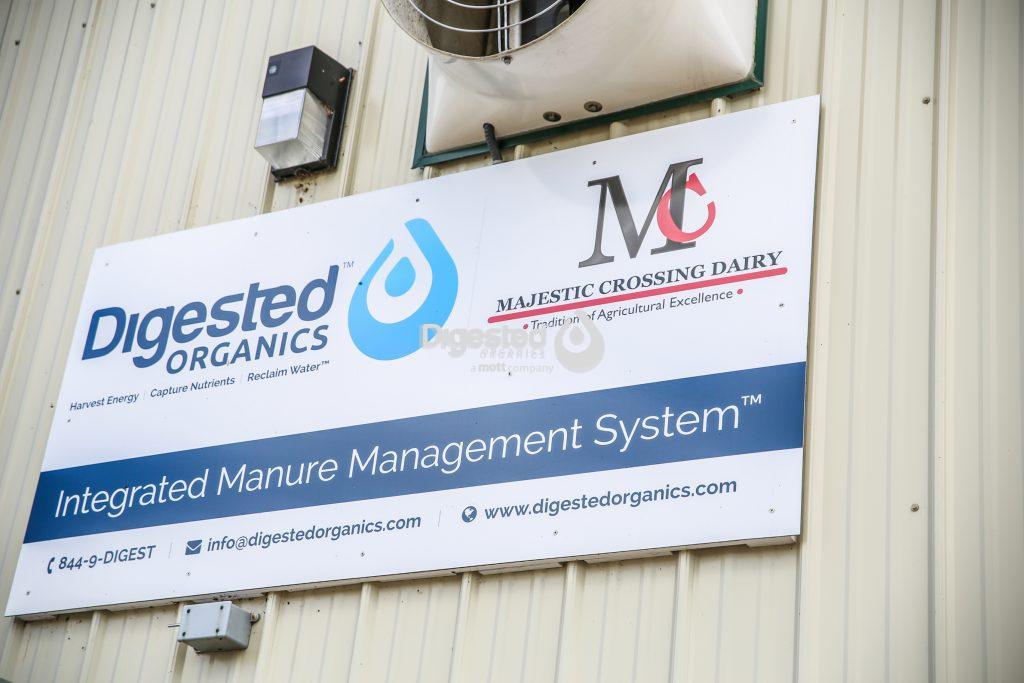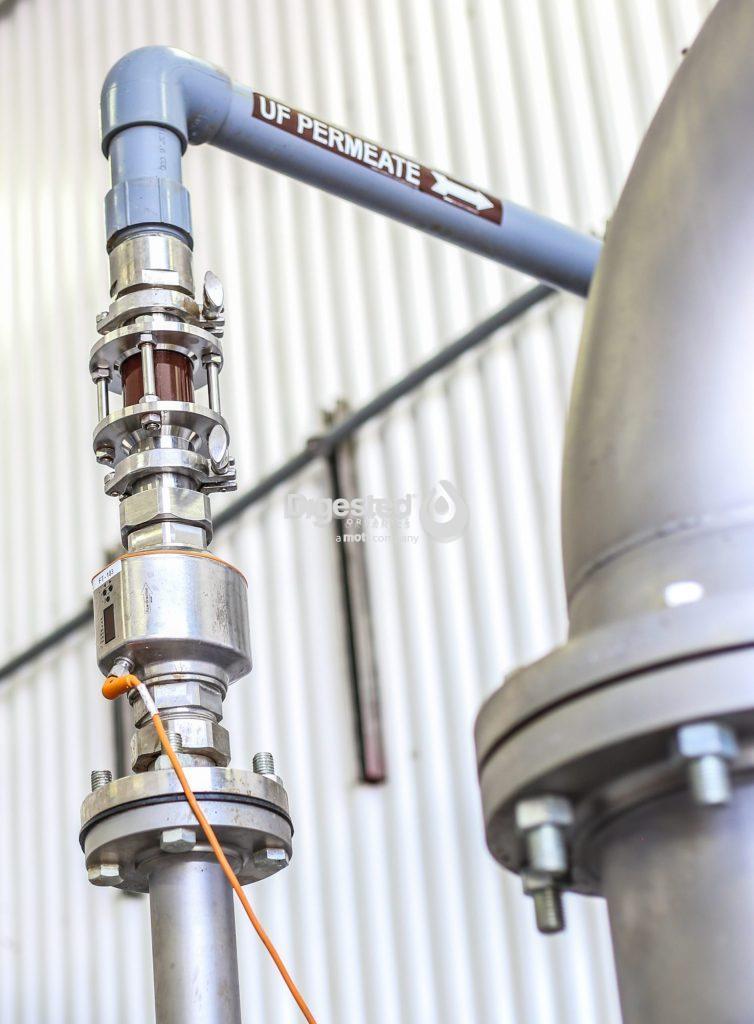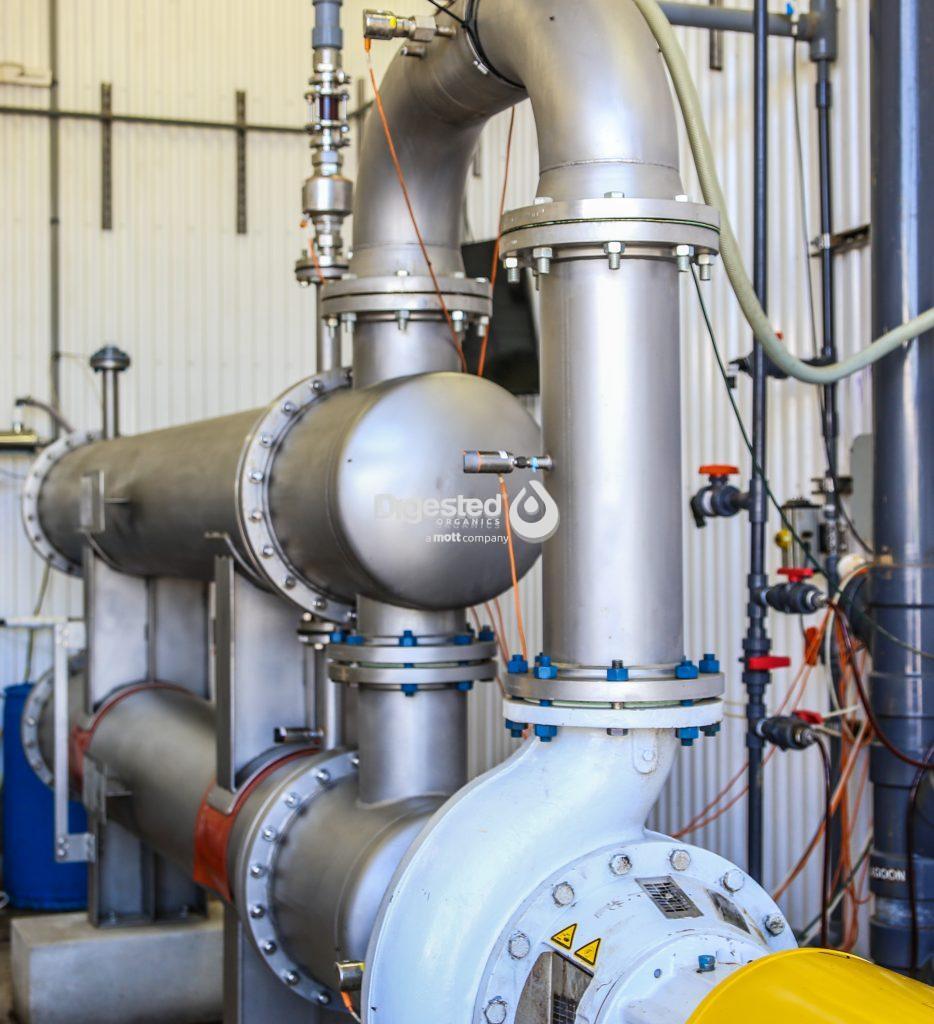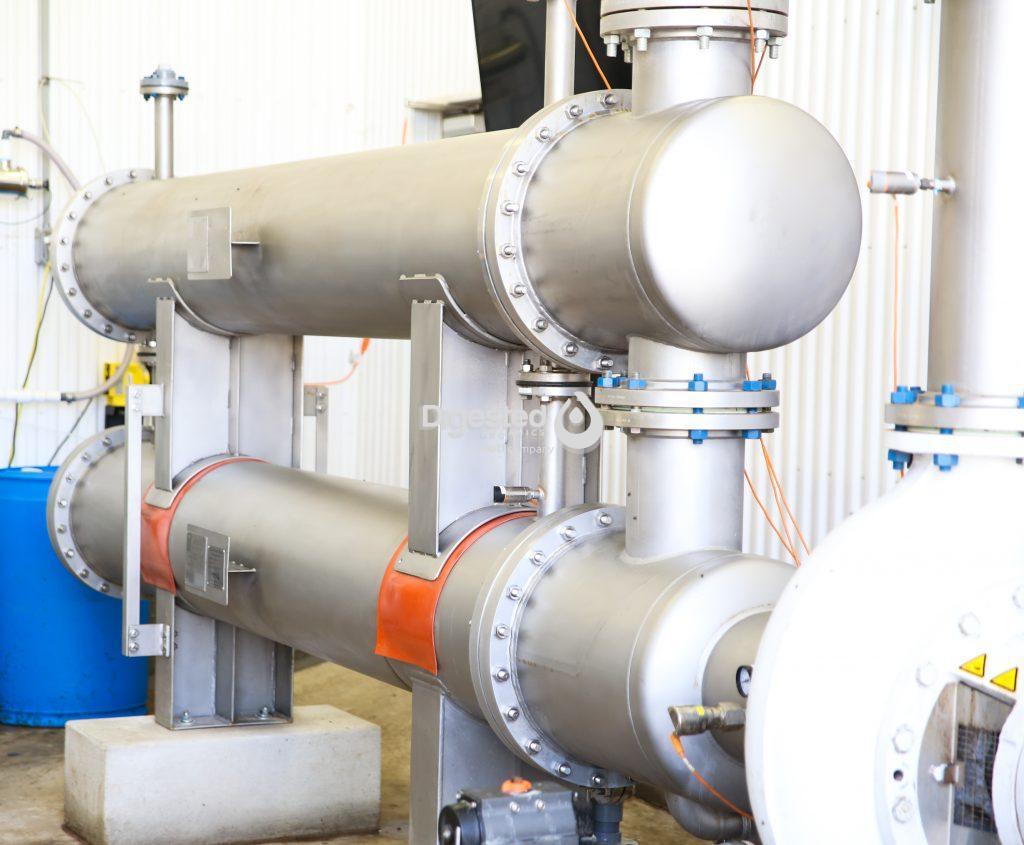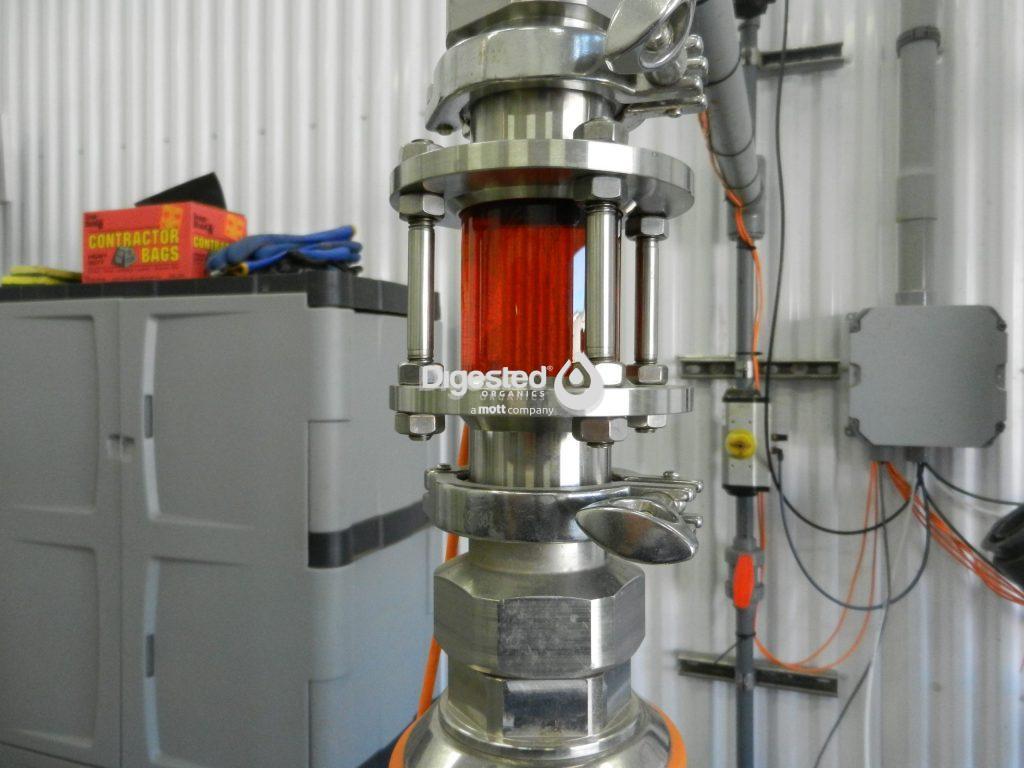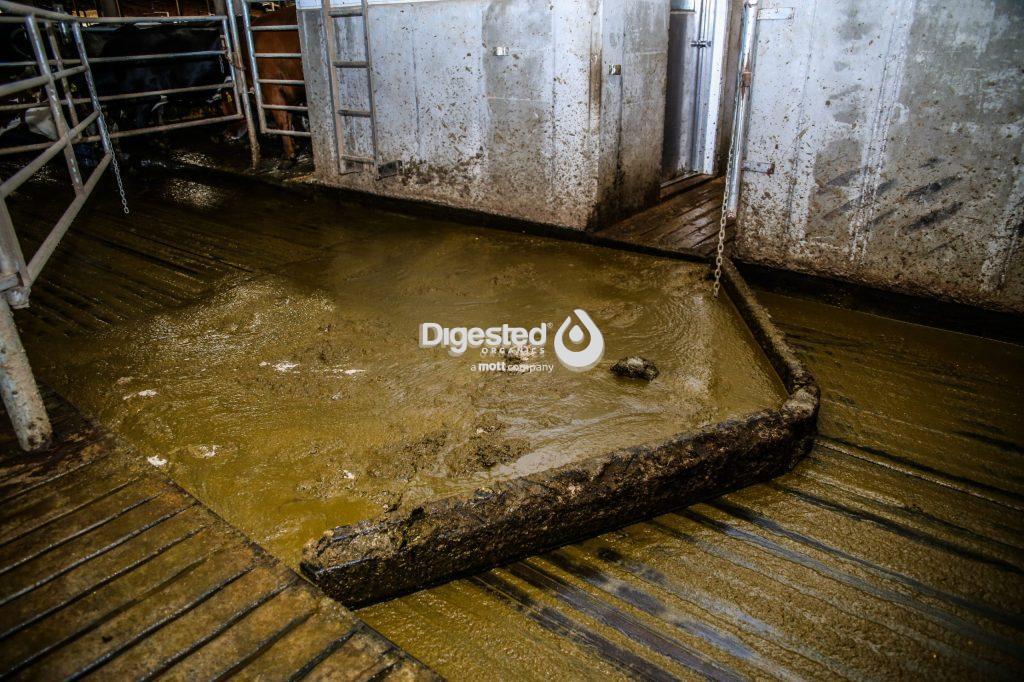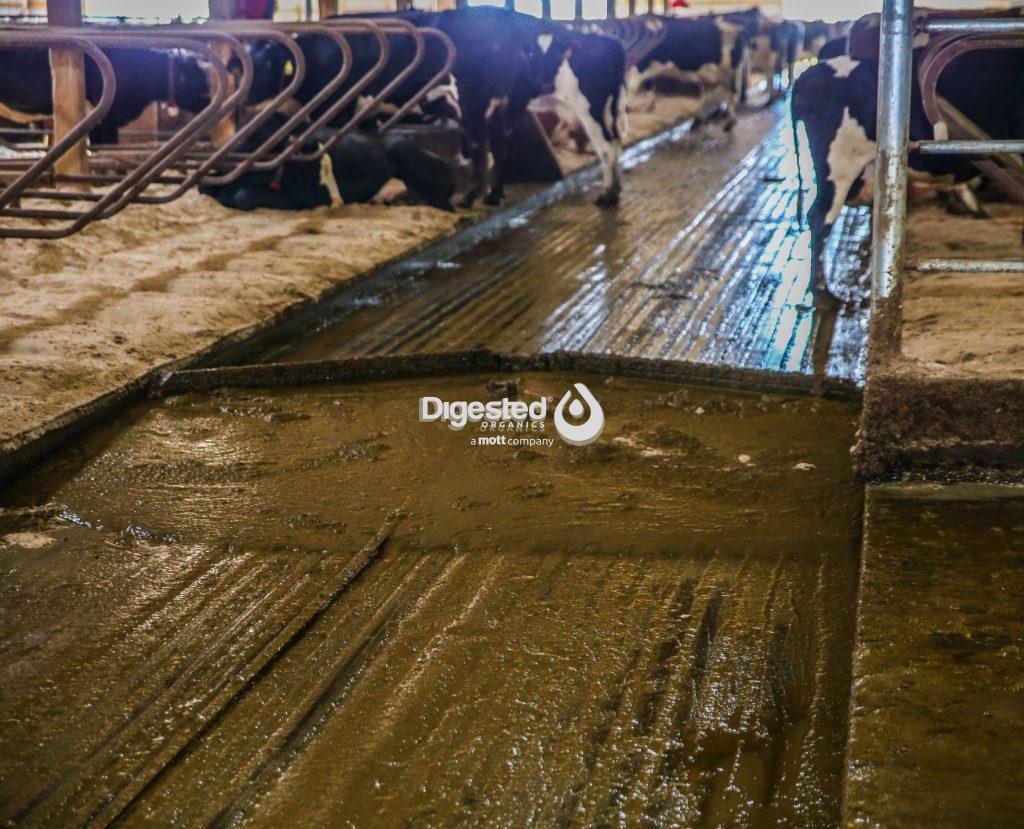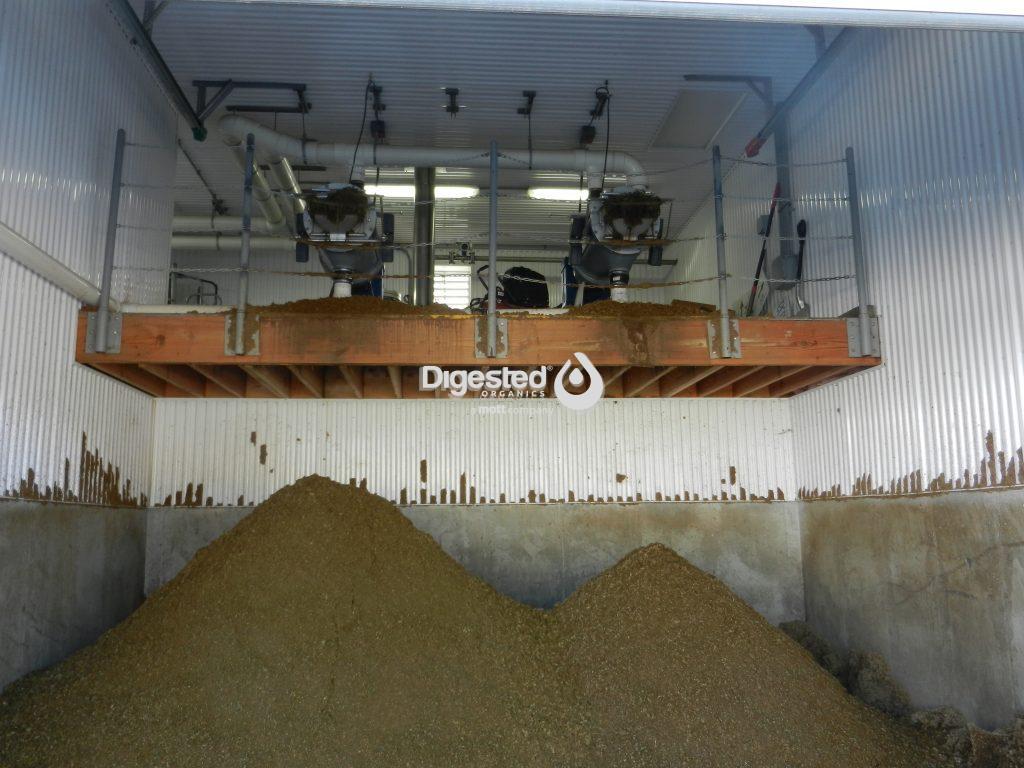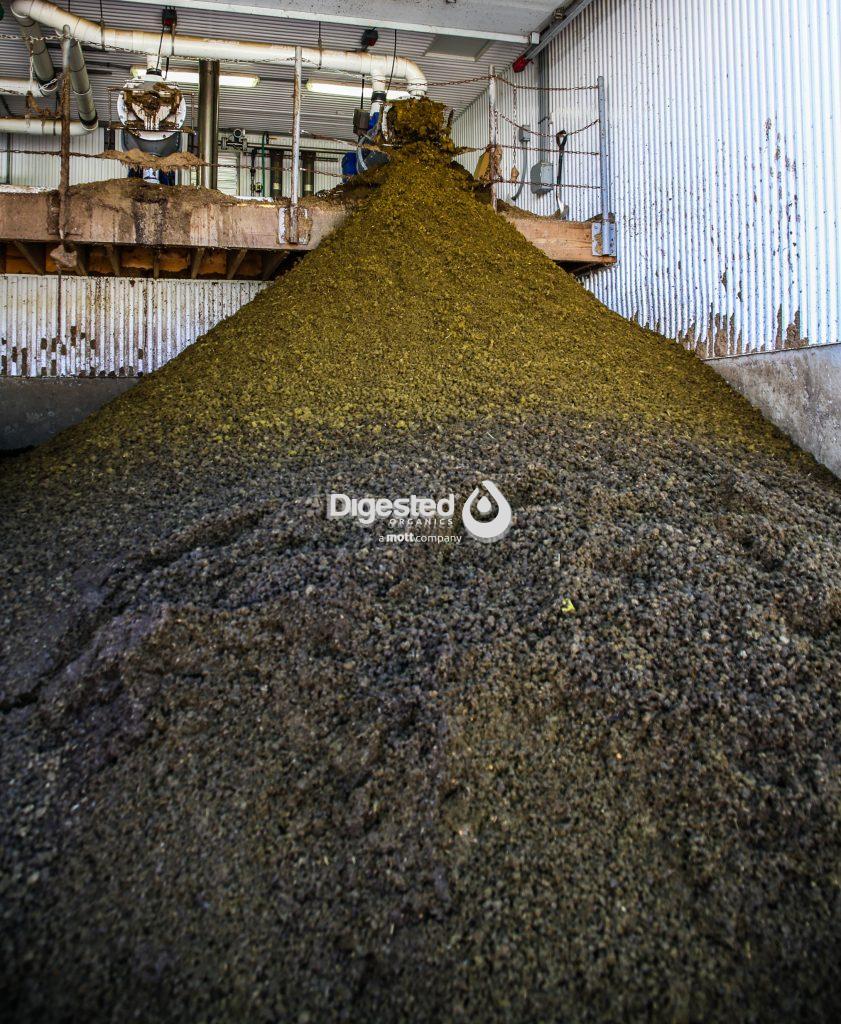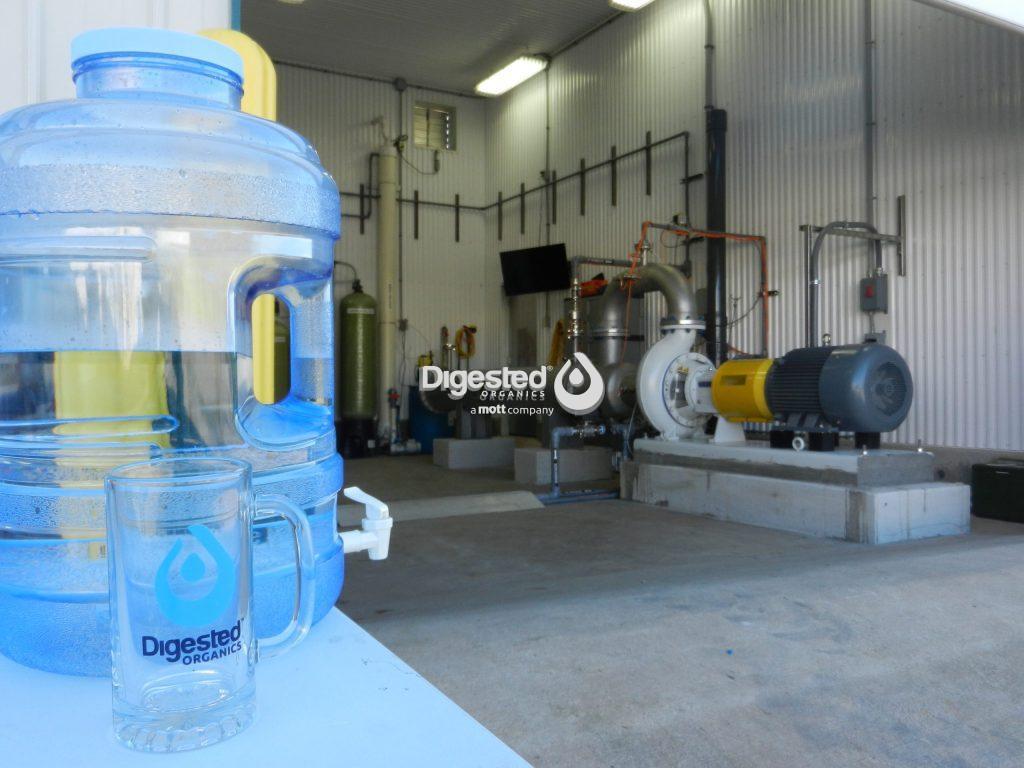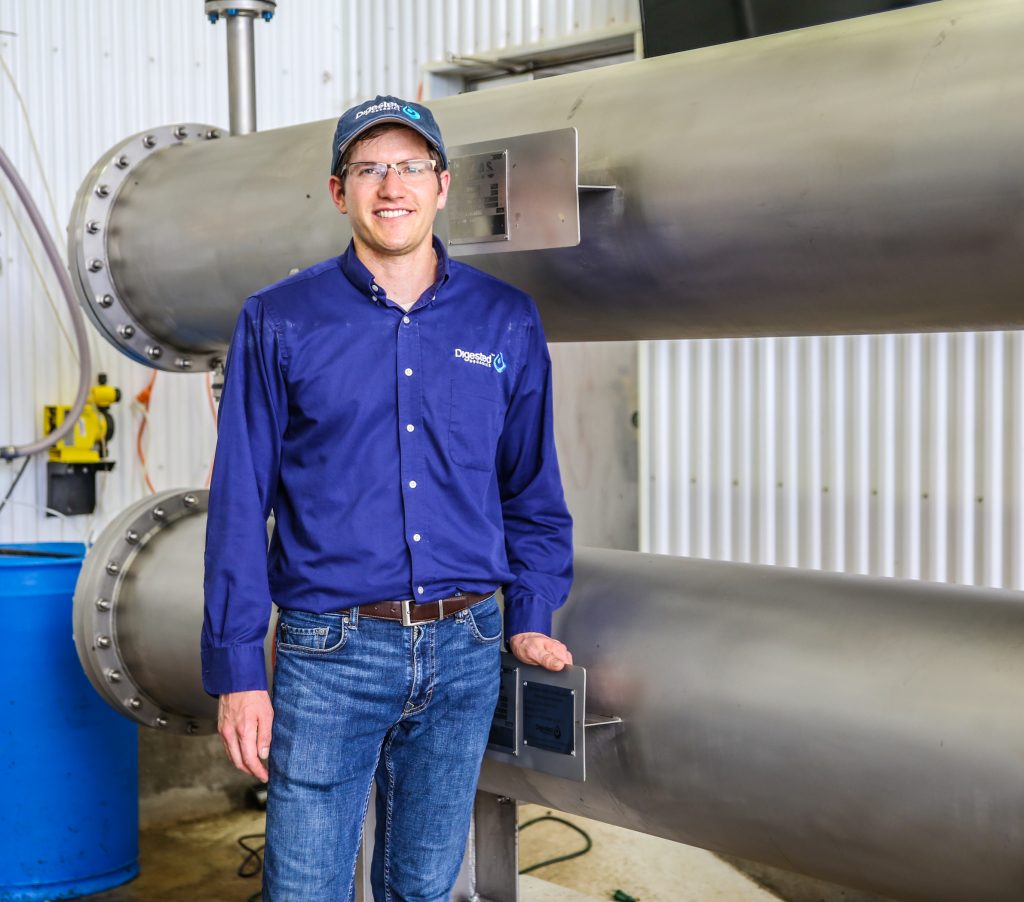Stillage Filtration & Treatment (Wilderness Trail)
Ultrafiltration (UF), Two-Step Reverse Osmosis (TSRO)
Client
Year
2019
- Reduced stillage disposal costs
- Reduced freshwater use
- Enabled growth and expansion
Case Study: Distillery
Like other distilleries on the Kentucky Bourbon Trail, Wilderness Trail produces large volumes of stillage. The industry struggles with the cost of stillage disposal, limited and at times unreliable outlets for it, and is interested in reducing freshwater consumption through beneficial reuse.
Company Issue / Challenge
Wilderness Trail Distillery produces about 90,000 GPD of stillage that requires constant management.
The cost of transporting stillage to nearby farms is very high.
Managing the storage and hauling of stillage is a constant challenge and requires trucks of various sizes arriving multiple times per day and night.
While the stillage is used as an animal feed ingredient, mainly for cattle, nearby farmers do not pay for the stillage. It would be more valuable if concentrated.
What We Delivered
Impact & Benefits
Our Stillage Filtration System used our UF and TSRO solutions to reduce stillage volume, reclaim clean water, and enable growth.
Representative Analytical Results of Process Streams
| PARAMETER | Stillage | UF Perm. | UF Concen. | TSRO Perm. | TSRO Concen. |
|---|---|---|---|---|---|
| Total Solids (%) | 5.9 | 1.9 | 12.5 | 0.04 | 8.2 |
| TKN (mg/L) | 2,600 | 407 | 6,300 | N.D. | 1,560 |
| Phosphorous (mg/L) | 500 | 373 | 800 | N.D. | 1,960 |
| Potassium (mg/L) | 800 | 726 | 700 | 1.1 | 2,520 |
Site Pictures
Scroll the gallery to see pictures of the site.
Liquid Pictures
Scroll the gallery to see pictures of the materials from our filtration equipment.
Client Testimonial
”The UF and Two-Step Reverse Osmosis system has shown to provide the exact solution that we sought in order to manage the whole stillage created at our distillery. The system allows us to run real time with our operation and to use our existing infrastructure of storage tanks and semi-tankers to completely manage what is generated per day without having to handle to a dried feed material at a much higher cost. It offers a smaller footprint and requires less energy to operate than a traditional system with centrifuges and evaporators.
We are able to provide a highly valuable concentrated animal feed at a greatly reduced daily volume instead of a watered down whole stillage, generate a clean ultra-thin stillage for use back in the process, and also a clean water stream that can be reused back in our process, for boiler feed water, or discharged to waterways.
The system provides an advanced automated and cost effective solution to an age old problem that has become more challenging with the growth in the industry.
Over our 13 years in the industry we have not come across a more effective system to remediate a distillery’s byproduct like this system can as either a complete stand-alone system or as a component to add efficiency to the traditional centrifuge and evaporation systems on the market.
Shane BakerOwner of Wilderness Trail Distillery LLC
Are you facing a similar business challenge?
Call today and get discounted pilot testing when you mention this case study!


